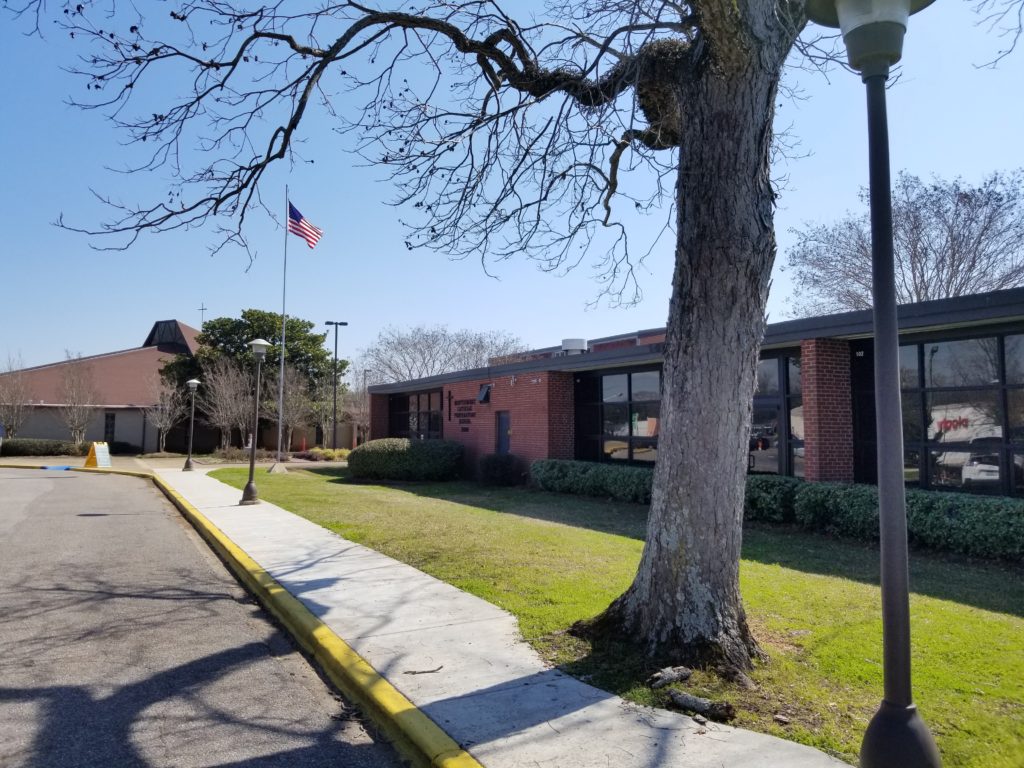
What is an ESA?
An Education Savings Account (ESA) is a state-funded account that eligible families can use to pay for qualified educations-related expenses, such as tuition for private school, school supplies, and tutoring.
In Alabama, eligible families who have a student enrolled in a participating school can receive $7,000 per student.
The applications for the 2025-26 school year will open on January 2, 2025, and close on April 7, 2025. Applications can be submitted within those dates. Award notifications will go out to all families beginning on May 1, 2025. Funds will be deposited into the student’s ESA beginning July 1, 2025, to be used for the 2025-26 academic year.
Eligibility
At this time, eligibility for the education savings account is income based with the exception of students qualifying with special needs. Basic minimum qualifications are as follows:
- Student must be between 5-19 years old (or up to age 21 if they qualify for services under the Individuals with Disabilities Education Act (IDEA) of 1975 or Section of 504 of the Rehabilitation Act of 1973).
- Student cannot currently receive a scholarship through the Alabama Accountability Act.
- Annual Gross Income (AGI) must be at or below 300% of the Federal Poverty Line for year ending 2024 to qualify.
Awarding: 2025-2026
All applicants must meet the Eligibility requirements listed above. Awards are determined based on the priorities listed below:
- Special needs students who qualify for an IEP or 504
The first 500 ESA scholarships are reserved for students with special needs* who qualify for an IEP with current psychometric testing or have a diagnosed disability under Section 504 of the Rehabilitation Act. - Active Duty Dependents
The next students approved are dependents of active duty service members* who are zoned or enrolled in a priority school. - Below 300% FPL
Remaining awarded for participating students whose family have an adjusted gross income not exceeding 300% of the federal poverty level for the preceding tax year.
*siblings of any participating students receive priority
For more information please visit the links below.



